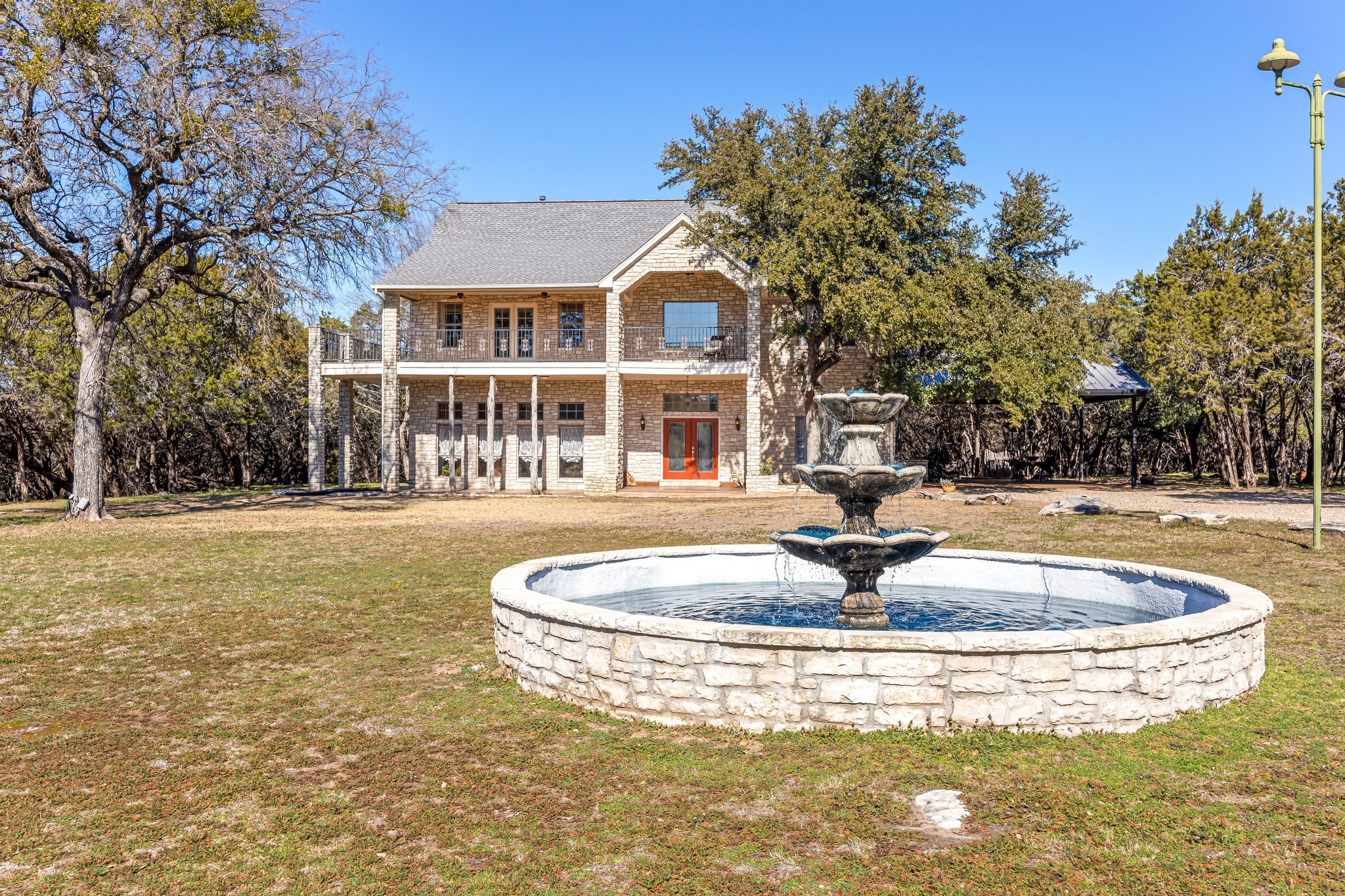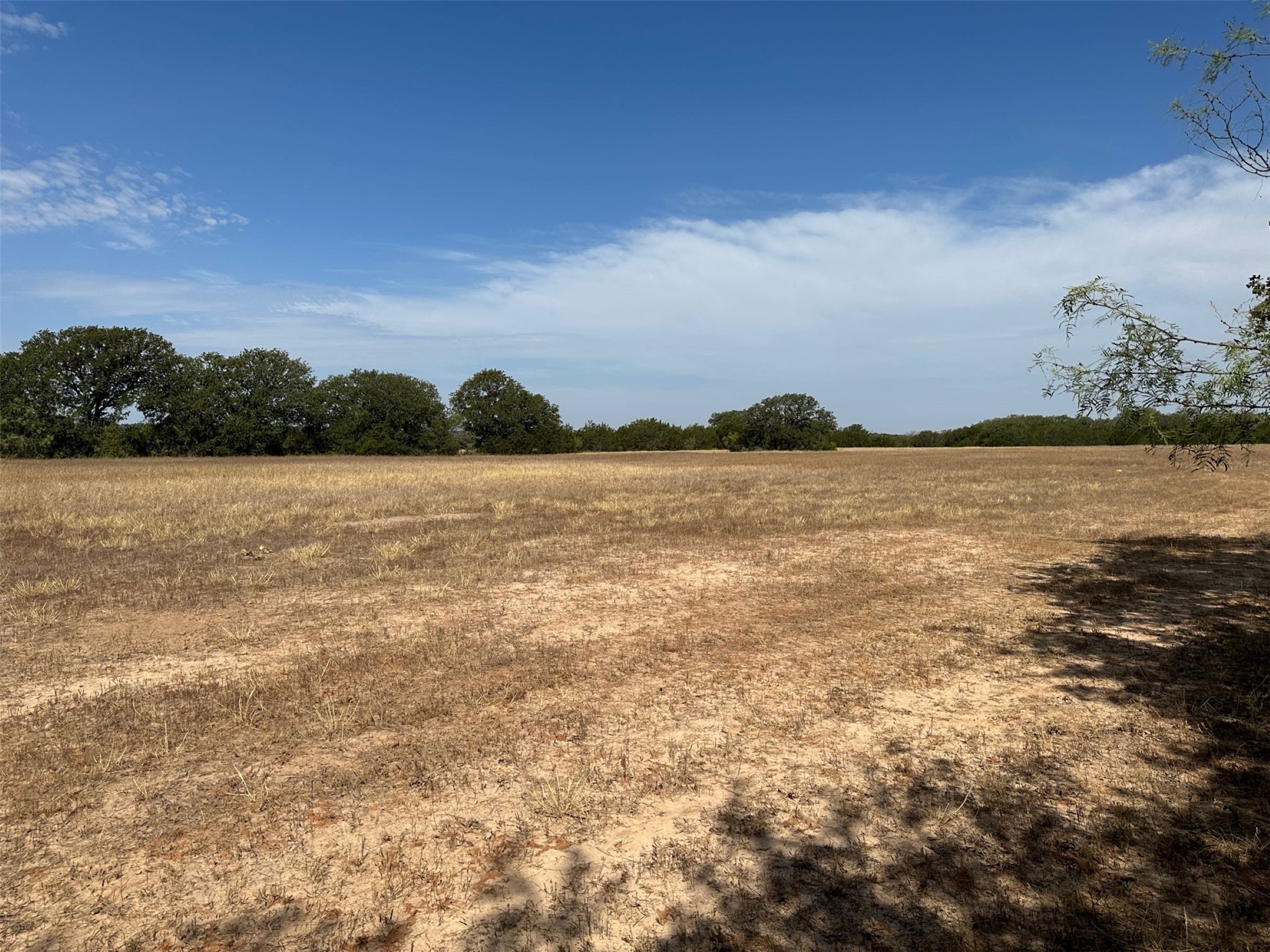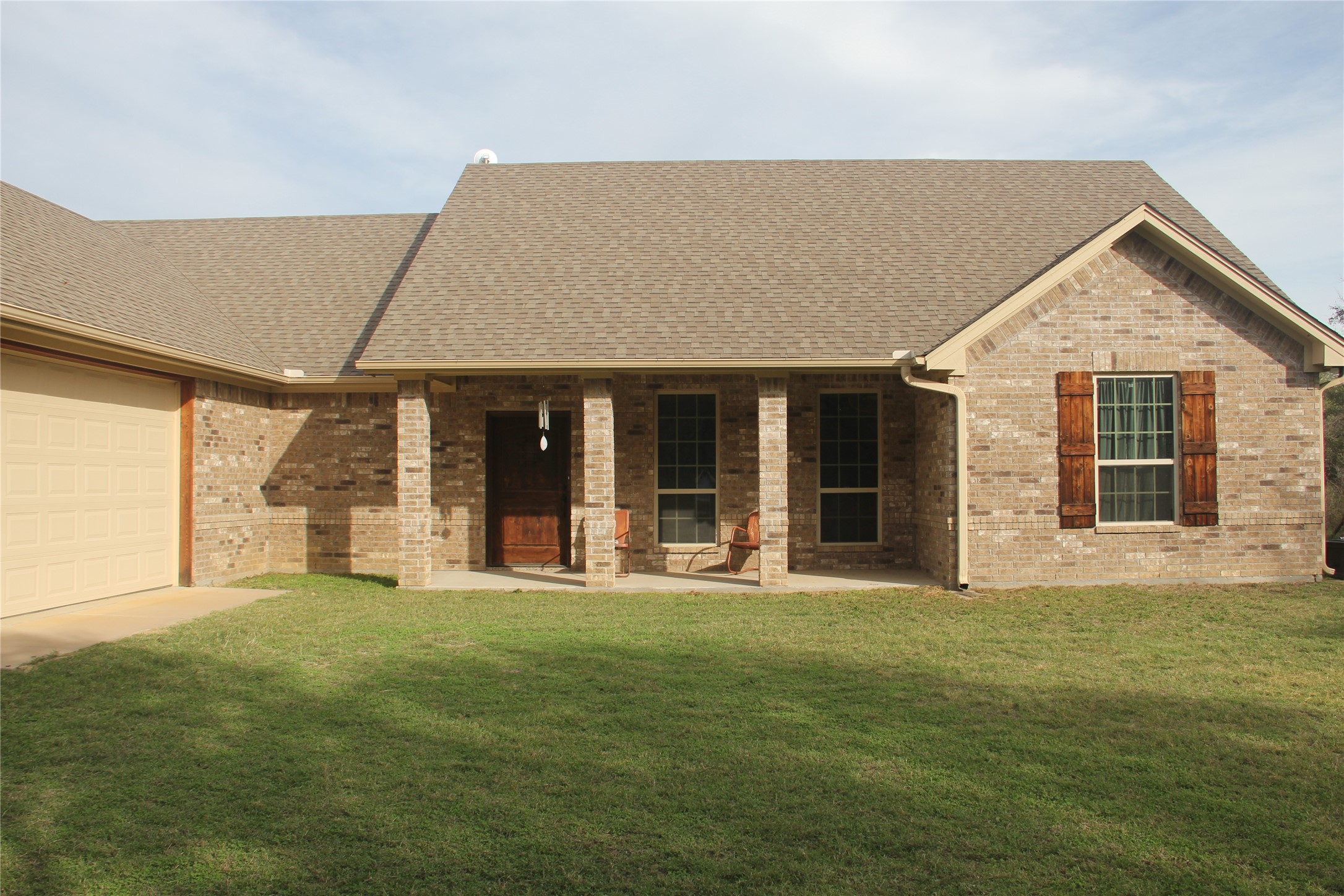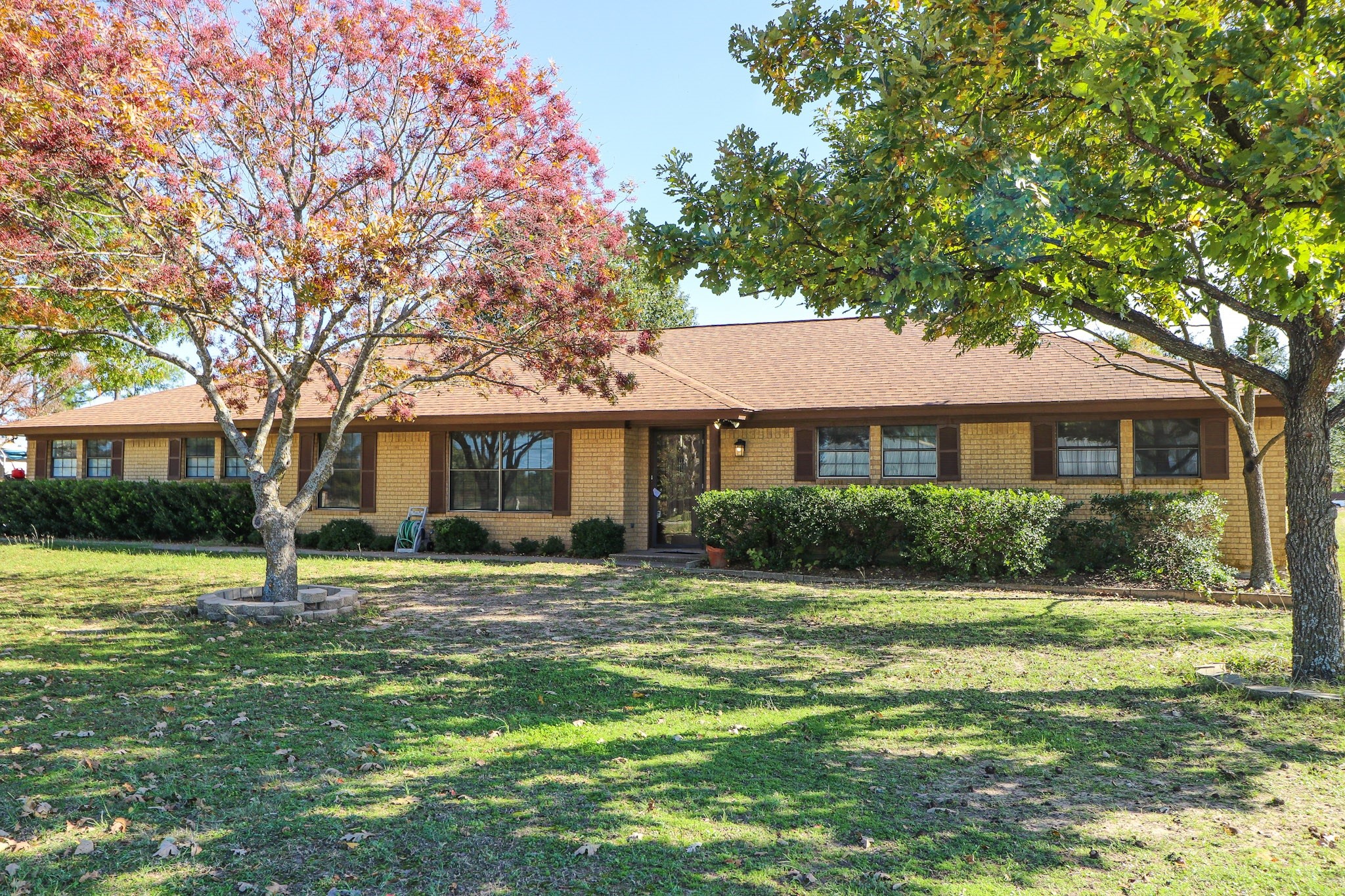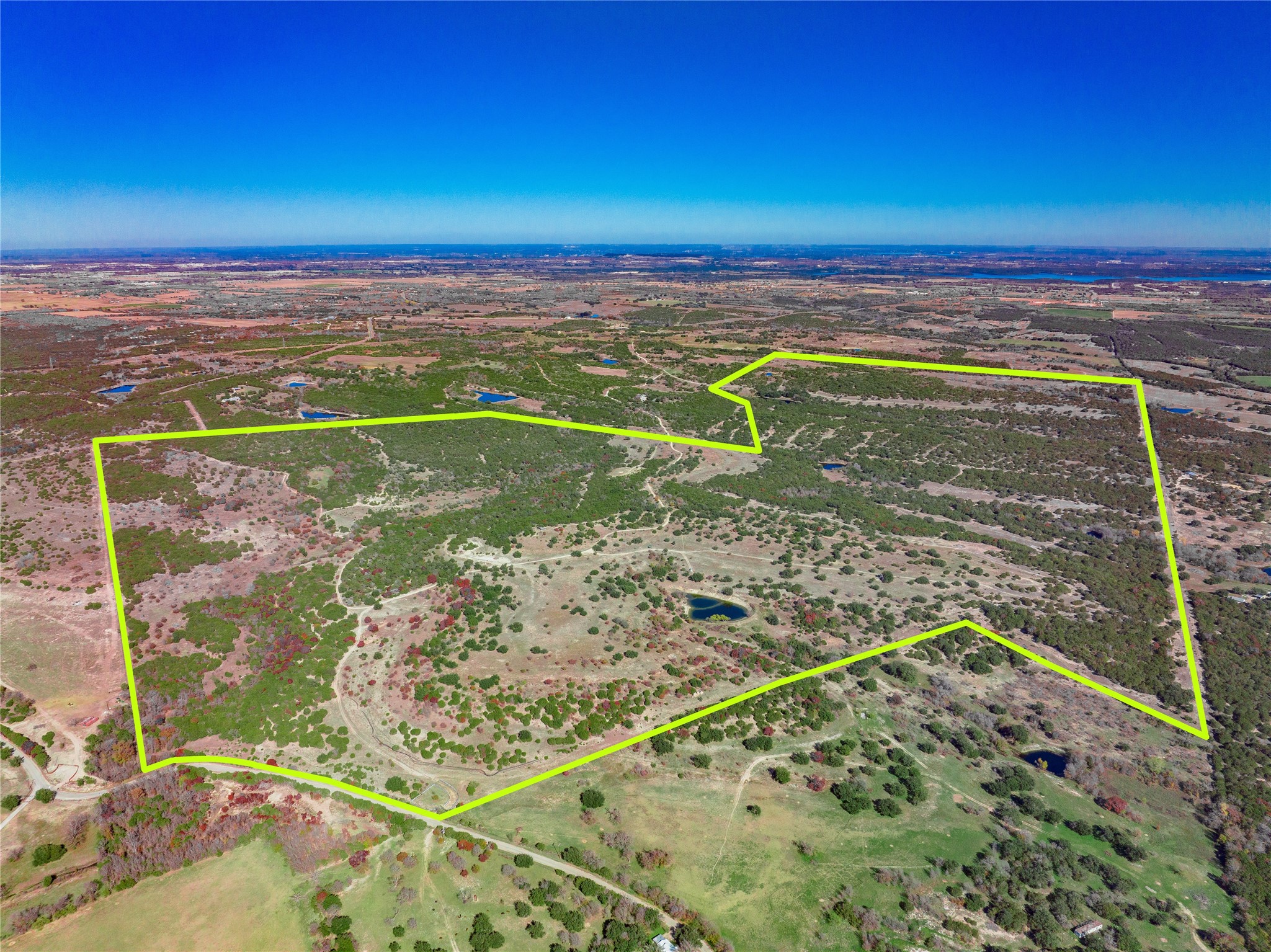
Preferred Properties of Texas
The Preferred way to buy & sell real estate for you
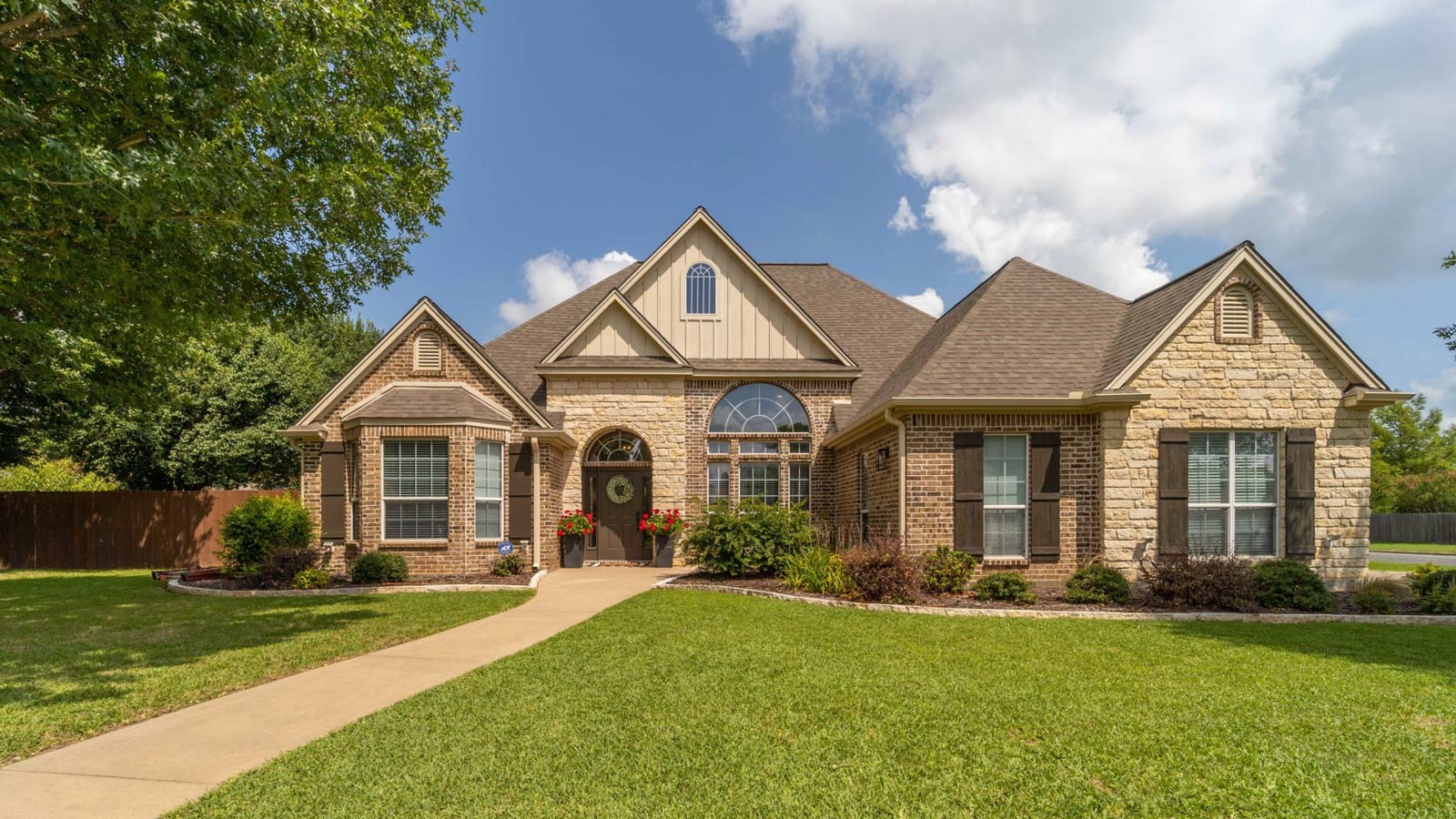
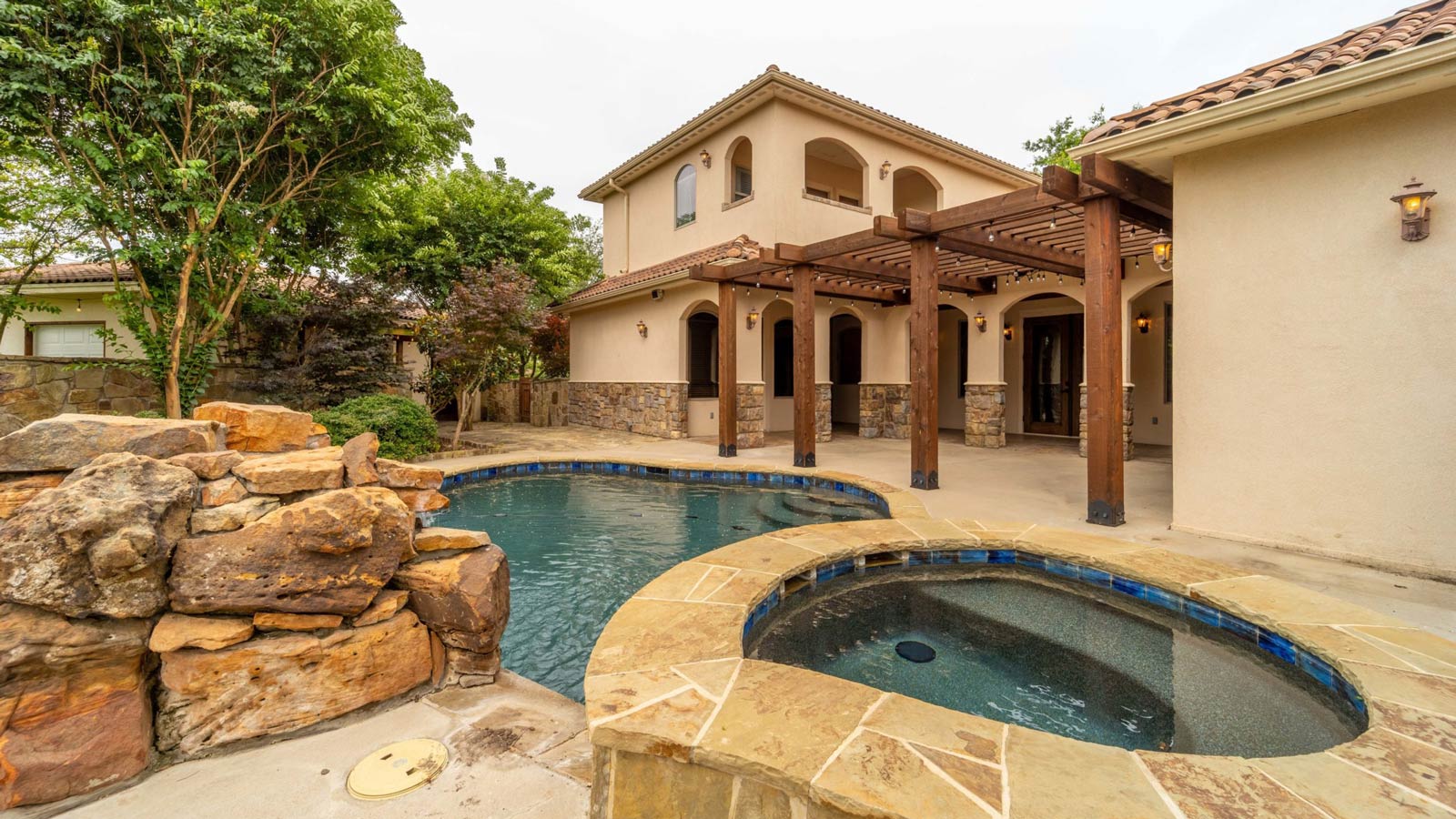
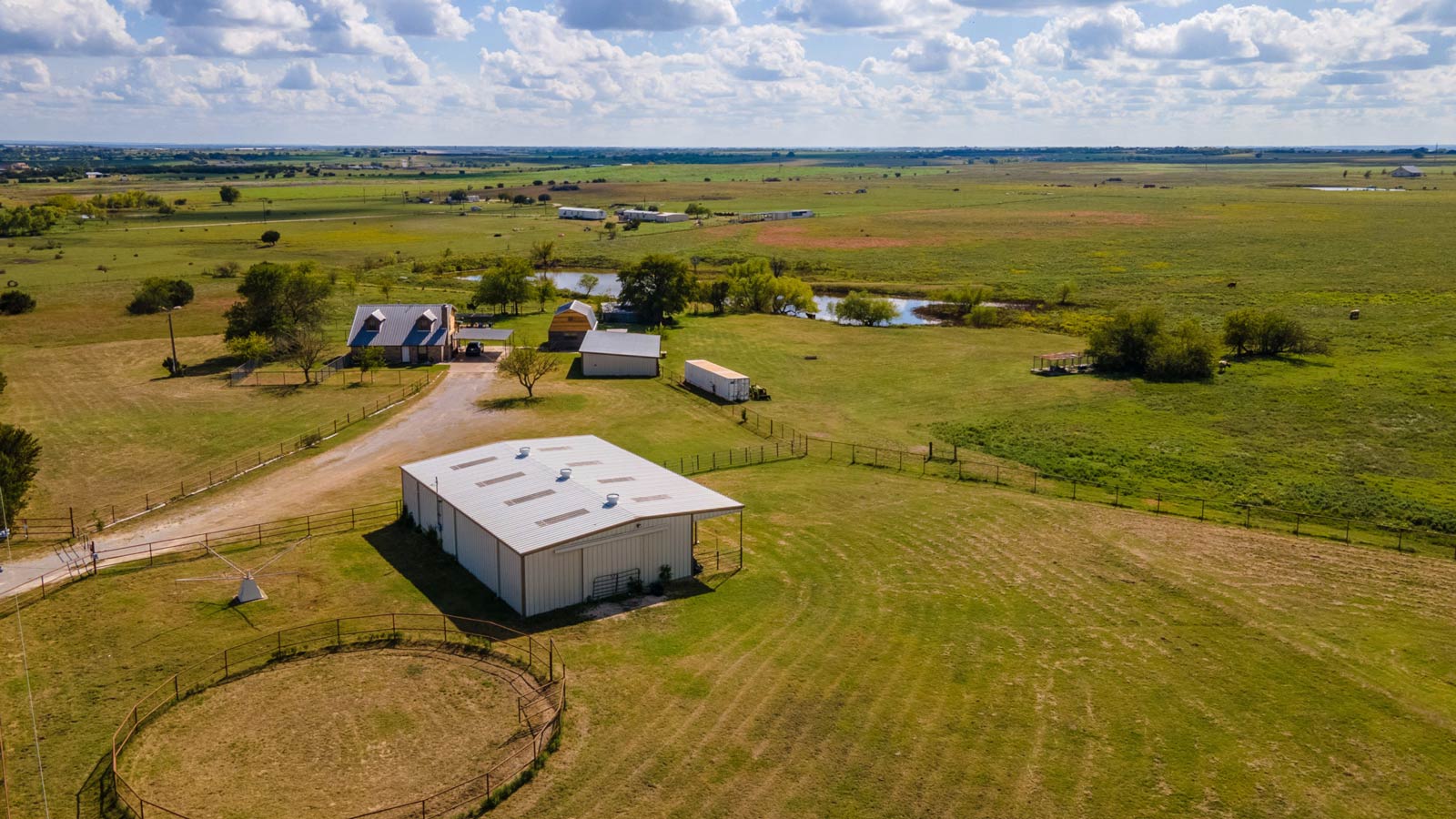


Serving The GreaterStephenville & Granbury Areas
Get Notified of New Homes for Sale
Let us know what type of house you are looking for and we will email you new listings as soon as they are available.Contact Us
Thinking of Selling Your Home?
Listing your home for the wrong price can cost you thousands. Get an accurate estimate from a professional REALTOR®. Contact Us

